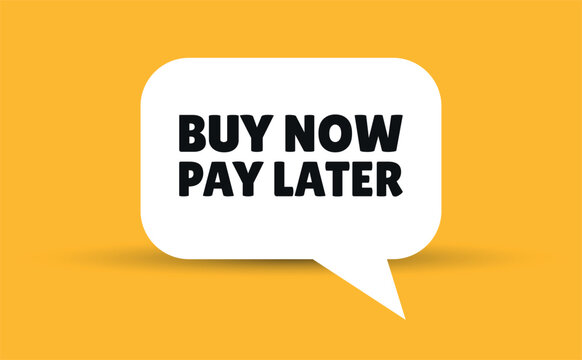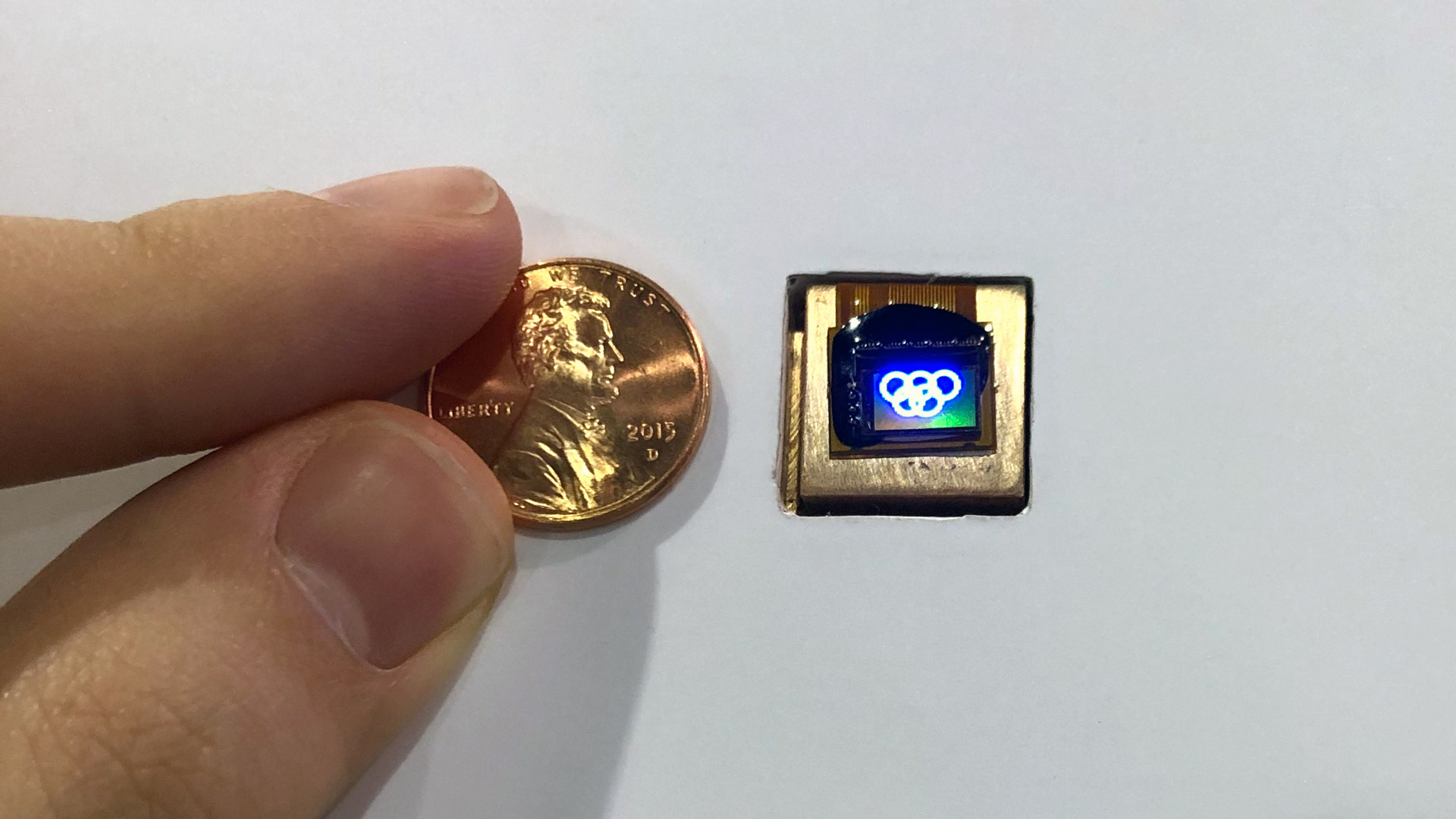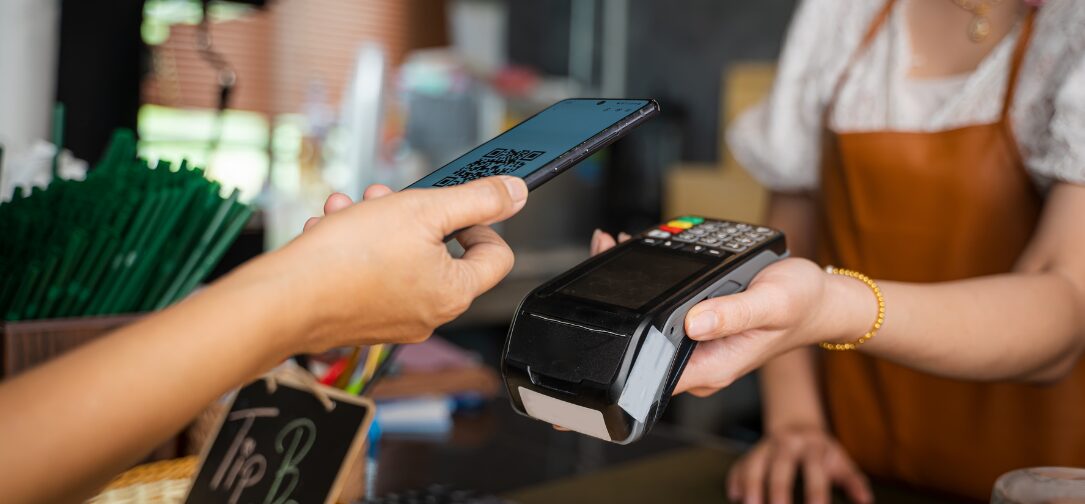Role of Top Giants in Revolutionizing the Payment Industry With BNPL

Introduction:
The payment industry has undergone significant transformations in recent years, particularly with the rise of Buy Now, Pay Later (BNPL) services. This payment method, which allows consumers to make purchases and pay for them in installments over time, has gained considerable traction among both consumers and merchants. As BNPL continues to reshape the way people approach their finances, top payment giants like PayPal, Square, Afterpay, and Klarna have played a crucial role in its widespread adoption and evolution.
Download FREE Sample of Buy Now, Pay Later Market
In this article, we will explore the role of these payment giants in revolutionizing the payment industry with BNPL. We will also delve into how BNPL is contributing to financial inclusion, opening up new opportunities for underserved consumers, and reshaping the financial landscape.
Understanding BNPL and Its Popularity
Buy Now, Pay Later (BNPL) is a financing option that allows consumers to make purchases and divide the total cost into smaller, manageable installments, typically over weeks or months. This option is often offered with zero interest or low-interest rates, making it an appealing choice for consumers who may not have access to traditional credit. BNPL has become particularly popular in e-commerce, where consumers can quickly make purchases online and choose a flexible payment plan to suit their budget.
What sets BNPL apart from traditional credit cards or loans is its simplicity and transparency. Consumers are not required to pay large upfront sums, and the payment terms are clearly laid out, eliminating hidden fees and surprise charges. As a result, BNPL is becoming an increasingly popular alternative to traditional credit, especially among younger consumers who are more financially conscious and prefer flexible payment options.
The growth of BNPL has been accelerated by several factors, including the increasing demand for e-commerce, the rise of digital wallets, and changing consumer behavior. With the convenience of mobile apps and seamless online checkout processes, BNPL is rapidly becoming a mainstream payment method that appeals to a broad spectrum of consumers.
Top Giants Driving the BNPL Revolution
Several major payment giants have been instrumental in the rise of BNPL services, leveraging their existing infrastructure, technology, and customer bases to offer flexible payment solutions. These giants have been able to reshape consumer expectations around payments and credit, while simultaneously transforming the overall payment industry.
PayPal
PayPal is one of the most recognizable names in the payments industry and has been a significant player in the BNPL revolution. With its global reach and vast network of users, PayPal has successfully integrated BNPL services into its existing platform. In 2020, PayPal launched its BNPL offering, "Pay in 4," allowing customers to split their payments into four interest-free installments. The service was designed to offer consumers greater flexibility in managing their purchases, especially as the pandemic caused many people to reevaluate their spending habits.
By offering BNPL services to its millions of users worldwide, PayPal has made BNPL accessible to a broader audience, from small online retailers to large global brands. The company's integration of BNPL into its digital wallet and checkout system has made it easier for consumers to choose this payment method at checkout, helping it gain significant market share in the BNPL space.
PayPal's success with BNPL is driven by its established brand, secure payment network, and strong customer loyalty. The company has leveraged these strengths to seamlessly incorporate BNPL into its ecosystem, offering consumers a smooth and user-friendly experience while also providing merchants with a convenient payment option that drives conversion and increases sales.
Square (now Block)
Square, now known as Block after its rebranding in 2021, has also made significant strides in the BNPL space. The company, led by Jack Dorsey, co-founder of Twitter, has long been a pioneer in digital payments and financial services for small businesses.
With the Afterpay acquisition, Square expanded its reach into the BNPL market, enabling businesses to offer flexible payment options to consumers at the point of sale. Afterpay’s established platform provides consumers with the ability to split payments into four interest-free installments, while merchants benefit from increased conversion rates and average order values. The acquisition has positioned Square as a significant player in the BNPL space, especially for small to mid-sized businesses seeking to offer flexible payment options to their customers.
Square’s commitment to financial inclusion has been a driving force behind its BNPL offerings. By leveraging its existing technology and integrating BNPL into its point-of-sale systems, Square is enabling businesses of all sizes to provide accessible payment solutions that align with consumer demand for flexibility and convenience.
Afterpay
Afterpay, founded in Australia in 2014, has quickly become one of the most popular BNPL providers in the world. The company’s success can be attributed to its user-friendly approach to payment flexibility, where consumers can split purchases into four equal, interest-free payments. Afterpay has developed strong partnerships with major retailers and brands, helping it capture a large share of the BNPL market.
Afterpay’s innovative business model focuses on providing a simple, transparent payment experience for consumers. The company has built a strong consumer base by offering easy-to-use mobile apps, seamless integrations with e-commerce platforms, and flexible payment terms. This has enabled Afterpay to expand rapidly, becoming a household name in the BNPL space.
One of the reasons for Afterpay’s rapid growth is its focus on financial inclusion. By providing access to small, interest-free loans, Afterpay has become an attractive option for consumers who may not have access to traditional credit or prefer to avoid credit card debt. Afterpay has carved out a niche by offering services to younger consumers, particularly millennials and Gen Z, who are looking for alternative ways to manage their finances.
Klarna
Klarna, a Swedish fintech company, has been another major player in the BNPL market, offering consumers the ability to pay for purchases in installments over time. Klarna’s platform allows consumers to pay within 30 days, split payments into four installments, or choose extended payment plans, depending on the merchant and the purchase amount. Klarna's flexible payment options have been especially popular in e-commerce, where the company has partnered with thousands of retailers across various industries.
What sets Klarna apart from other BNPL providers is its focus on providing a comprehensive shopping experience. Klarna offers consumers the ability to shop directly through its app, find exclusive deals, and make payments using their Klarna account. This integrated approach has made Klarna an appealing option for consumers looking for a more seamless and personalized shopping experience.
Klarna’s expansion into multiple international markets and its partnerships with well-known retailers have helped it establish a strong presence in the BNPL space. By offering consumers an alternative to traditional credit options, Klarna is helping to democratize access to credit and providing a more flexible, user-friendly payment solution.
Financial Inclusion through BNPL: How Payment Giants Are Opening Up New Opportunities for Underserved Consumers
One of the most significant impacts of BNPL is its role in promoting financial inclusion. Traditionally, access to credit has been limited to those with good credit scores or a history of borrowing. However, BNPL providers like PayPal, Square, Afterpay, and Klarna have opened up new opportunities for underserved consumers, including those who may not have access to traditional credit cards or loans.
For many consumers, particularly younger people or those with limited credit history, BNPL provides a way to access credit without the burden of high-interest rates or hidden fees. This has allowed people to make purchases they otherwise might not have been able to afford, while avoiding the financial strain that comes with traditional credit options.
BNPL services also offer greater transparency compared to traditional loans. The payment terms are clearly outlined, and consumers know exactly how much they will need to pay and when. This clarity helps to reduce confusion and the potential for debt accumulation, making BNPL a more responsible and manageable form of credit for many consumers.
By offering accessible credit options, BNPL providers have become an important tool for financial empowerment, helping consumers improve their purchasing power and better manage their finances. For businesses, offering BNPL as a payment option has also helped to attract a wider customer base, driving sales and fostering customer loyalty.
Challenges and the Future of BNPL
While BNPL services have brought numerous benefits, they are not without challenges. Concerns over potential debt accumulation, particularly for consumers who fail to make their payments on time, have raised questions about the long-term sustainability of BNPL. As the industry grows, regulators are increasingly focused on ensuring that BNPL providers maintain responsible lending practices and are transparent about their terms and fees.
Looking ahead, the future of BNPL is likely to involve continued innovation, with companies striving to improve their services, offer better customer experiences, and maintain a focus on financial inclusion. As competition grows and new players enter the market, BNPL providers will need to differentiate themselves by offering unique features, such as extended payment options, rewards programs, or better integration with merchants.
Conclusion
The role of top payment giants like PayPal, Square, Afterpay, and Klarna in revolutionizing the payment industry with BNPL cannot be overstated. By offering flexible, transparent, and accessible payment options, these companies have helped reshape the way consumers manage their purchases, creating new opportunities for financial inclusion and empowerment.
As the BNPL market continues to grow, these companies will play an essential role in shaping the future of payments, ensuring that consumers have access to responsible, user-friendly credit options. Through innovation, collaboration, and a focus on customer needs, the BNPL revolution is just beginning, with even greater opportunities on the horizon.
Read the complete blog
Note: IndiBlogHub features both user-submitted and editorial content. We do not verify third-party contributions. Read our Disclaimer and Privacy Policyfor details.







